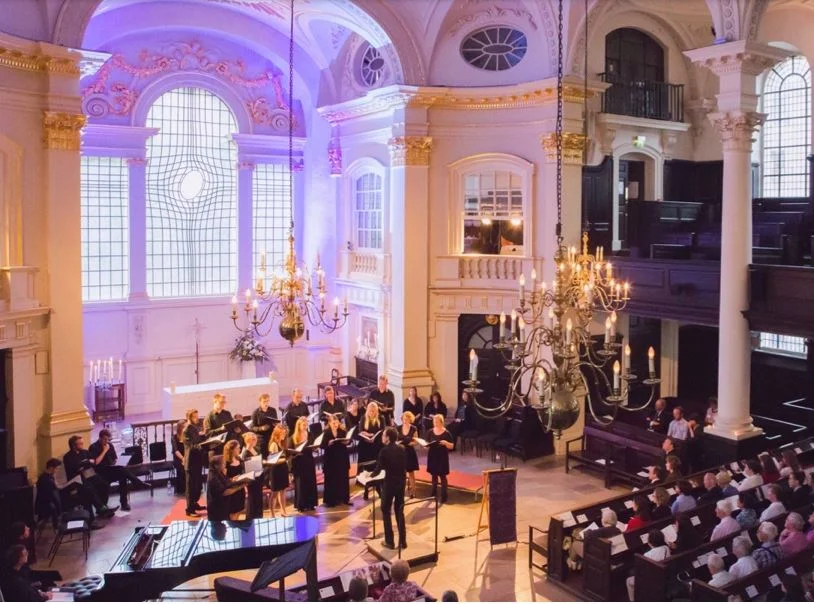Cyprus High Commission – St Martin’s Embassy & Cultural Institute Series – St Martin-in-the-Fields
Image taken from the St Martin-in-the-Fields website
Cyprus is a small country with a long history and incredibly rich culture. The majority of Cyprus is still under Greek Cypriot control, although there is a large part of the island’s cultural heritage currently under Turkish occupation since July 1974. Civilisation in Cyprus goes back 10,000 years and there are indeed still signs of pre-historic permanent settlements. Cyprus has had a close relationship for more than two centuries with Greece, particularly its influences. During the Byzantine period there was also a strong Roman influence. The island was owned and controlled by the Latin state of Jerusalem, the Venetians, the Ottomans and the British and it wasn’t until 1959 that Archbishop Makarios was elected the first President of the Republic of Cyprus. As a result of the Turkish invasion in 1974, Lefkosia (formerly Nicosia) is currently the only divided capital in the world.
However, the cultural and musical heritage of Cyprus is almost without parallel in that region and it was with great ceremony that the audience was able to enjoy a musical lunchtime event at the wonderful St Martin-in-the-Fields Church in Trafalgar Square. The programme consisted of a Halevy Overture and Mozart’s Piano Concerto No. 27, wonderfully played by Marios Papadopoulos, who is the Founder and Artistic Director of the Oxford Piano Festival, as well as the Music Director of the Oxford Philharmonic Orchestra. Marios is a real force of nature in his own right, conducting the concert and playing Mozart’s Piano Concerto as if he owned it. He knows every note and nuance of this piece and his effortless playing was a masterpiece.
Perhaps the most interesting part of the concert was the World Premiere of the Greek Composer, Andreou Georgios’s, piece ‘Salamina’ from Imerologio Katastromatos. This International Composer, whose musical line stems from his teaching from John Adams, is inspired by the poetry collection, dedicated to Cyprus, by the Nobel Prize winner, Giorgos Seferis.
The music was very accessible and the tone minimalist in nature and had some of the repetition interludes most famously composed in other works by Philip Glass.
The piece was musically even more outstanding by the fabulous singing of the Greek Cypriot soprano, Katerina Mina, whose voice was always on point and soared into the rafters of the church. Hers was an outstanding performance, both vocally and emotionally.
Congratulations to Cyprus for allowing us to enjoy this wonderful concert.







